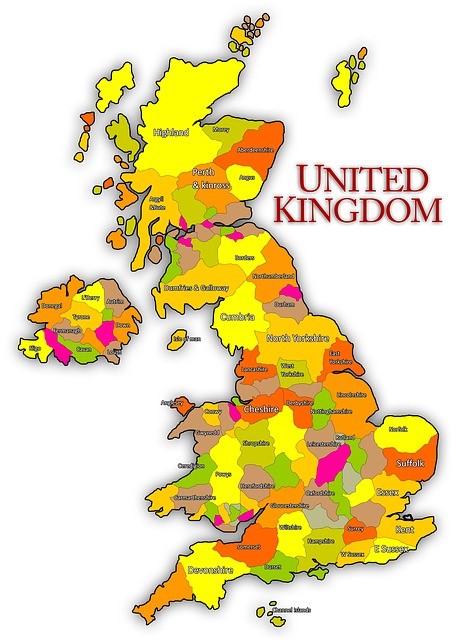I was about seven years old when my family moved from my birthplace, Redcar, to an island called The Isle of Man. Both places have English as their first language (The Isle of Man has its own native language but that’s another story), so there would be no problem communicating, you would think. Unfortunately for me, that wasn’t the case.
On the first day of school in the new place I lived, I had to introduce myself. My teacher asked me to stand up and then asked me my name. That was an easy question and I answered it correctly, “Duncan Brown.”, there was a murmur across the class. “Where are you from, Duncan?”, my teacher asked. “I’m from Redcar, Cleveland, England, the World.”. Now, a few giggles and muttering across the classroom. “Great!” I thought, “they thought my ‘joke’ was funny!”.
My teacher continued to ask questions and, after each of my answers, there were sounds of laughter, confusion, and mimicking my voice. What I thought was laughter at my first ‘joke’ was actually laughter at my accent. My English dialect was so different from theirs. They thought it was funny and sometimes didn’t understand what I was saying even though I was speaking the same language.
Eventually, over time, my accent changed through passive and active means. I barely remember how I spoke with my first dialect as I acquired the second one, a hybrid of the two. During my childhood, I moved several times to new locations in England with different dialects. Five times in total. Each time, a similar thing happened. And even in adulthood, my work took me to a further five different dialects!
Having lived in ten different locations in England and experiencing many more English dialects, which one is correct?
【あなたの心が伝わるあなただけの英語】
英語でのコミュニケーションをあなたらしい英語で。一人一人のレベル、能力、興味に合った教材や方法での英語レッスンプログラムをオンラインで学べます。

”あなたの英語”でコミュニケートしたい方は、まずは無料カウンセリングをご予約ください。



